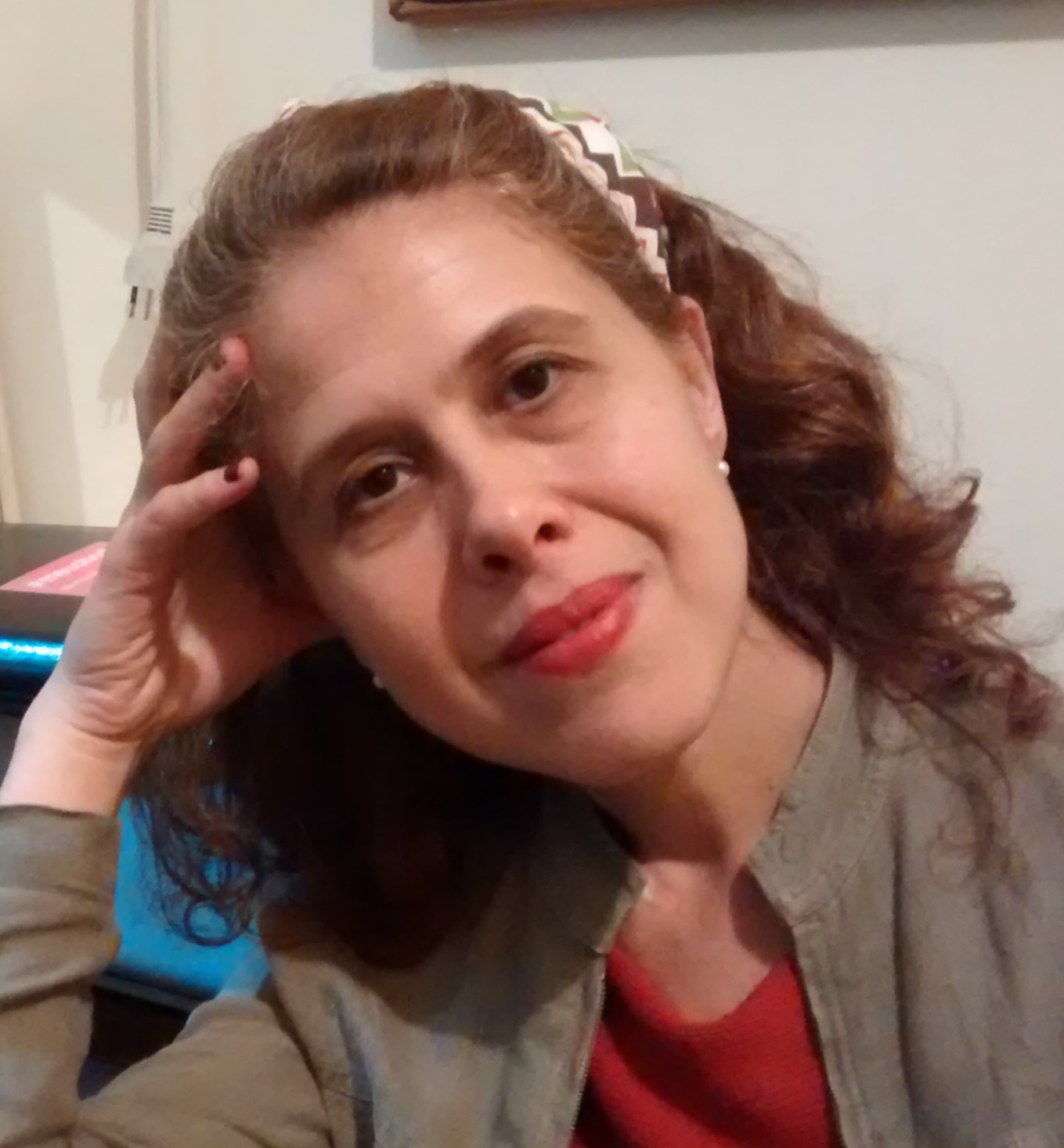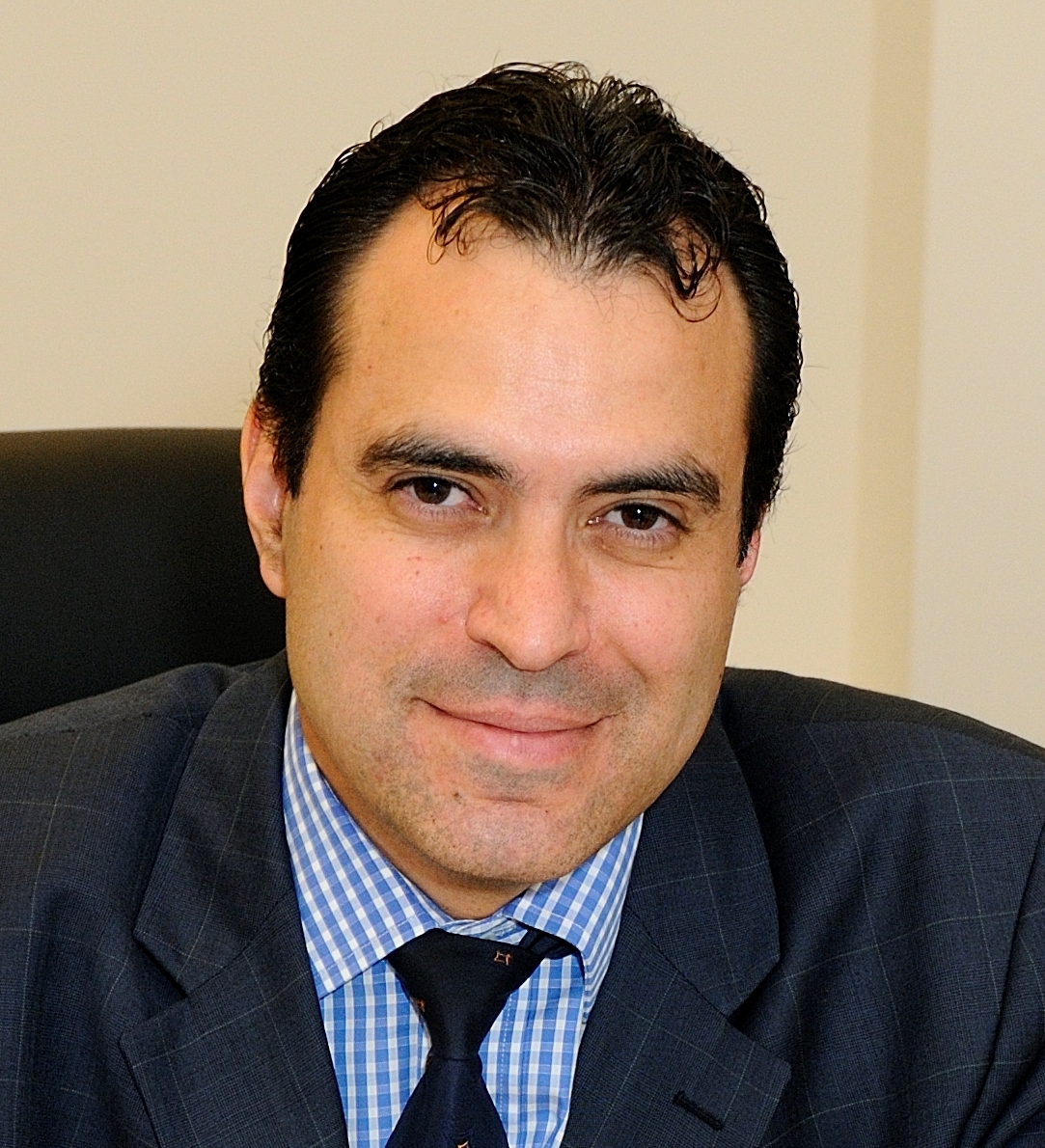Partners
DEMOS senior partners reflect the ethos of professional excellence and public service, the global outlook, breadth of contacts and core concerns that motivate our team.
Carlos Cardoso
Carlos Cardoso is a leading social scientist in Guinea-Bissau, with a PhD in philosophy from the University of Friedrich Schiller in Jena and a Master in social anthropology from the École des Hautes Études en Sciences Sociales (EHESS), in Paris. He is currently the director of the Center for Social Studies Amílcar Cabral, in Bissau. Prior to this he served as the head of the Research Department at the Council for the Development of Social Science Research in Africa (CODESRIA), based in Dakar; a researcher at the University Institute of Lisbon’s (ISCTE) Centre for African Studies; and a lecturer at the Lusophone University of Lisbon. In Guinea-Bissau, Cardoso led the National Institute for Studies and Research (INEP), and consulted widely for various UN agencies. Cardoso has published widely on the social sciences in Africa and politics and society in Guinea-Bissau, including the political thought of its founding leader, Amílcar Cabral.
Débora Lerrer
Débora Lerrer is a senior expert on rural development, agrarian policies and social communication, with a PhD in Social Sciences in Development, Agriculture and Society from the Universidade Federal Rural do Rio de Janeiro (UFRRJ), doctoral studies at the École des Hautes Etudes en Sciences Sociales, in Paris, and a master’s in communication from the Universidade de São Paulo (USP). She is currently a professor at the graduate program in social sciences at the Universidade Federal Rural do Rio de Janeiro (UFRRJ). Prior to this she lectured at the Universidade Estadual do Rio de Janeiro (UERJ); and served as a research coordinator at Centro de Assessoria Jurídica Popular Mariana Criola; was an advisor at the Brazilian Chamber of Deputies, and a staff writer at the Folha de São Paulo, Brazil’s leading newspaper. Lerrer has published widely on land reform, social movements, rural policies, agribusiness and mass media in Brazil.
Elena Huegel
Elena Huegel is a senior educator for peace and environmental care, with experience in a variety of creative teaching methods, including the camp pedagogy. She holds a Master’s degree in conflict transformation, with a concentration in peace education, from the Eastern Mennonite University, in Harrisonburg, Virginia. Huegel is currently a program coordinator at the Institute for Intercultural Studies and Research in Chiapas, México, and mission staff of the Global Ministries of the Christian Church (Disciples of Christ) and the United Church of Christ. She is responsible for leading community trauma recovery and resilience building initiatives in Mexico, Nicaragua and Puerto Rico. Prior to this she served with the Global Ministries in Chile as an education coordinator and project director at the Shalom Center. In addition, she was an environmental educator and trainer at the Jack Norment Camp in Paraguay. Huegel has published works on community healing and resilience, environmental education, youth development, peacebuilding and appreciative inquiry.
Fiona Macaulay
Fiona Macaulay is a leading expert on criminal justice system, human rights, gender policies and peacebuilding, with a PhD in politics and a master’s degree on Latin American studies from the University of Oxford. She is currently a senior lecturer at the Department of Peace Studies and International Development at the University of Bradford. Previously she served as a lecturer at the Institute of Latin American Studies of the University of London, and a research fellow at the Centre for Brazilian Studies at the University of Oxford. She has been a visiting scholar at the Getúlio Vargas Foundation Law School, in São Paulo, and the Federal University of Minas Gerais in Belo Horizonte, among other academic institutions. In addition, she served as the joint editor of Journal of Latin American Studies. Macaulay has published extensively on public security reform and human rights in Brazil, and gender politics, civil society and rule of law across Latin America.
Kevin Casas-Zamora
Kevin Casas-Zamora is currently on-leave from DEMOS, due to his responsibilities as Secretary General for the International Institute for Democracy and Electoral Assistance (IDEA). Casas is a recognized expert on democratic governance, electoral processes, political financing, citizen security and corruption in Latin America. He has a PhD in political science from the University of Oxford, a master’s Latin American government from the University of Essex, and a law degree from the Universidad de Costa Rica. Previously, Casas served as Secretary for Political Affairs at the Organization of American States (OAS) and Costa Rica’s Second Vice President and Minister of National Planning and Economic Policy. In addition, he was a managing partner of Analítica Consultores del Istmo, based in San José; a professor at LEAD University in Costa Rica; and a senior researcher at the Inter-American Dialogue and the Brookings Institution, in Washington, DC. Casas is the author of numerous publications on democratic governance, election financing, citizen security, civic-military relations and corruption in Latin America.
Nafiou Inoussa
Nafiou Inoussa is a seasoned demographer from Senegal, with ample development and survey experience in Africa, Latin America and the Pacific islands. He has a master’s degree in demography from the Université Paris 1 Panthéon-Sorbonne, and degrees in mathematics from the Université de Yaoundé and Université de Dakar, and a business administration degree from the Universidad Técnica de Comercialización y Desarrollo (UTCD), in Asunción. Innousa has carried out and advised national household surveys for UNICEF in the Democratic Republic of Congo, Ivory Coast, Senegal and Guinea-Bissau, and served as a statistical cluster advisor to UNESCO in the Pacific region. Prior to this he worked for the UN Population Fund in Paraguay and provided technical assistance to the country’s national census and statistics bureau. Inoussa has published a number of demographic studies on Equatorial Guinea and Paraguay, along with Multiple Indicator Cluster Surveys (MICS) reports on Ivory Coast and Guinea-Bissau.
Paola Cesarini
Paola Cesarini is a senior expert in democracy, human rights and transitional justice, with a PhD in political science and Masters in international affairs from Columbia University in New York. She has served as a lecturer in comparative politics and international relations at Northeastern University, Providence College and New York University, among other institutions, and directed the honors program at Northeastern University. Prior to this, she was an international civil servant at the United Nations in New York and Geneva, UNESCO in Paris, and the World Bank in Washington D.C., working on topics related to the environment, social development, human rights, education and women. Cesarini, a native of Italy, has published various studies on authoritarian legacies, transitional justice, human rights, the politics of memory and comparative democratization in Europe and Latin America.
Ramiro Bertoni
Ramiro Bertoni is a senior economist specialized in international trade, multilateral institutions and regional integration, with a PhD from the Universidad de Buenos Aires. He is currently a lecturer at the Universidad Torcuato Di Tella, Universidad de Buenos Aires, Universidad Nacional de San Martín and Universidad de Quilmes. Prior to this he served with Argentina’s Ministry of Economy, as President and later as Managing Advisor of the National Commission for Foreign Trade, among other duties with this public agency. Bertoni also lectured at the Argentine Foreign Ministry’s Institute for Foreign Service, the Universidad Nacional de Moreno and Universidad Tres de Febrero, and has led high-level workshops on anti-dumping practices in various countries in Latin America and Europe. His many publications include studies on international commerce, antidumping measures, multilateral institutions, MERCOSUR and other experiences of regional economic integration.
Sean Burges
Sean Burges is a recognized scholar on international relations and Latin American politics. He obtained his PhD in politics and international studies at the University of Warwick in Coventry, United Kingdom, and Masters in political science from the University of Western Ontario in Canada. Burges is currently an adjunct research professor at Carleton University in Canada. Prior to this, he served as a senior lecturer at the Australian National University in Canberra and was deputy director of the Australian National Centre for Latin American Studies. In addition, he worked for various government agencies in Canada, including the Canadian International Development Agency and the Department of Foreign Affairs and International Trade. Burges has researched and published widely on Brazilian foreign policy, Latin American politics and globalization, foreign aid and South-South cooperation.
Comptroller
César Cardozo
César Cardozo is a finance expert with an MBA from Columbia University, in New York, graduate studies at the ESADE Business School, in Barcelona, and doctorate studies in business administration from the Universidad Autónoma de Asunción. He has held prominent posts in the Paraguayan private and public sector, as Chief of Staff of the Ministry of Planning and Project Director of the ministry’s Public Private Partnership Unit, responsible for appraising large public infrastructure investments. Cardozo also served as the Financial Manager for Itaipú Binacional, the world’s largest hydroelectric power station, and Financial Director for the Entidad Binacional Yacyretá, a hydro plant shared with Argentina. He has also worked for ABN AMRO Bank in Miami and Asunción, and other financial institutions such as Banco Itaú / Interbanco. Cardozo is a member of the Executive Committee of the Paraguayan American Cultural Center (CCPA).











